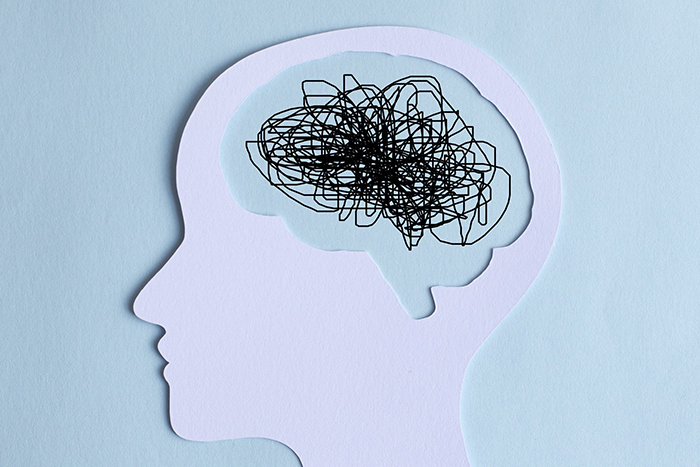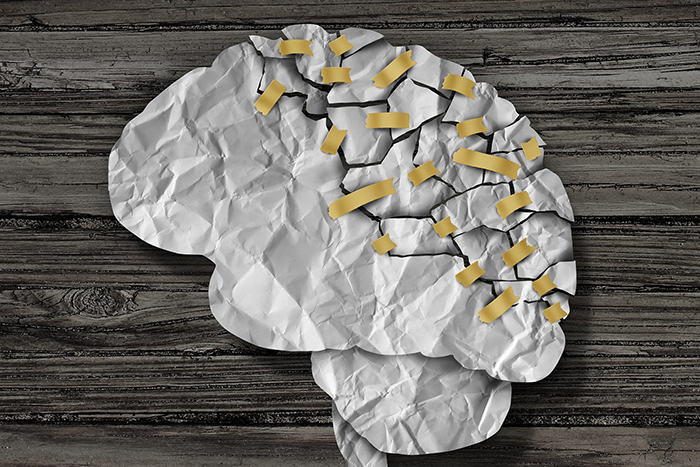 Nearly 20% of deployed military personnel experience traumatic brain injury (TBI). TBIs are any brain injury caused by an outside force. These injuries can be “closed,” such as from a fall or motor vehicle accident or “open,” like from a gunshot wound.
Nearly 20% of deployed military personnel experience traumatic brain injury (TBI). TBIs are any brain injury caused by an outside force. These injuries can be “closed,” such as from a fall or motor vehicle accident or “open,” like from a gunshot wound.
Traumatic brain injuries range broadly from mild to severe. People with mild TBI (also called concussion) often fully recover within days to weeks, while those with severe TBI may have significant and sometimes permanent impairments. Fortunately, 70 – 90% of all TBIs in military personnel fall within the “mild” range.
Symptoms of Mild TBI
Traumatic brain injury can cause physical, cognitive and emotional difficulties.
Typical symptoms of mild TBI/concussion include:
- Looking and feeling dazed
- Being uncertain of what is happening; feeling confused
- Having difficulty thinking clearly or responding correctly to simple questions
- Being unable to describe events immediately before or after the injury occurred




